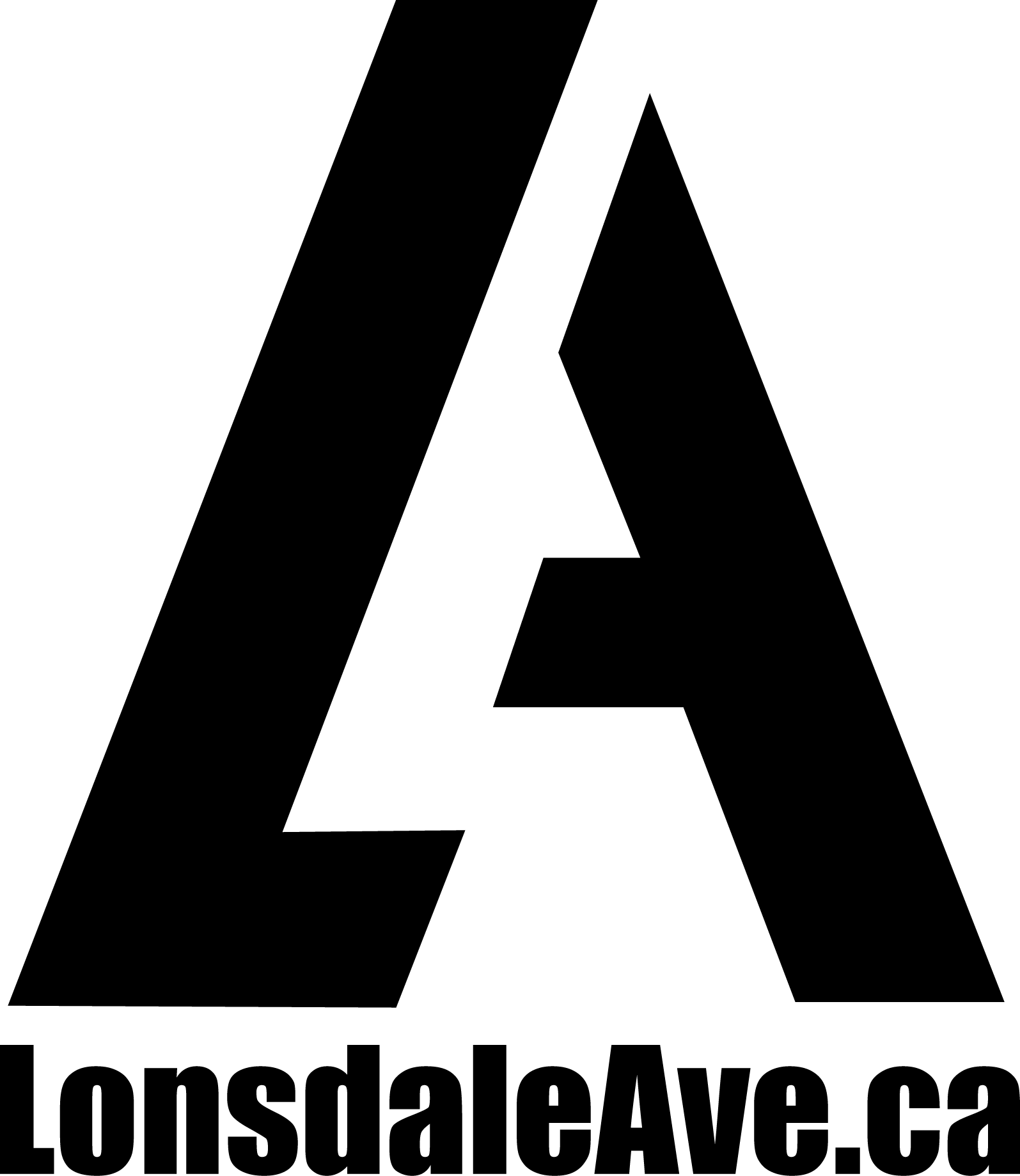When approaching job interviews or entering into a selection process for a workflow contract, it’s crucial to recognize that this is not just about being chosen; it’s also your opportunity to choose. High-performing professionals know that understanding their worth and ensuring a potential employer or contract position aligns with their needs and skills is essential. This dual perspective transforms the job interview into a two-way interview, where both parties evaluate if they can establish a mutually beneficial and respectful relationship.
It’s Not Just About Being Chosen, It’s About Choosing Wisely
Interviews are typically seen as a test for the candidate, but it’s equally a test for the company. As a skilled professional, you bring value that should be reciprocated by an environment that fosters growth, honesty, and respect. Here are some critical questions you should consider asking in any interview or contract negotiation to determine if a potential employer or client is right for you:
Handling Disagreements
- Question: “If we disagree, and I have different opinions and thoughts than you about something, how is that handled?”
- Why It Matters: This question helps you understand the company’s conflict resolution strategies and whether they value diverse perspectives.
Commitment to Honesty
- Question: “With regards to telling the truth and being honest, will that be at play the whole time, even if things are not easy to hear? Are we all able to speak the truth and be honest with one another?”
- Why It Matters: Ensuring that honesty is a foundational element of the company culture is crucial for building trust and effective communication.
Addressing Workplace Issues
- Question: “If there is workplace bullying or sexual harassment, how is that handled end to end?”
- Why It Matters: A clear and firm stance on these issues indicates the company’s commitment to a safe and respectful work environment.
Researching Company Reputation
- Question: “Where can I view online reviews from previous employees or contractors who have worked with your company or business?”
- Why It Matters: Access to honest reviews and feedback from past employees can provide insights into the company’s working conditions and management style.
Understanding Company Quirks
- Question: “Is there anything I should know that is different, unique, or quirky about the business, staff, or management?”
- Why It Matters: This question reveals if there are any unique aspects of the company culture that could affect your day-to-day work life.
Clarifying Role Expectations
- Question: “Will I be following my job description or contracting role strictly, and will executing my job description be the only way I am judged? Is anything outside of the job description to be mutually agreed upon in a professional manner?”
- Why It Matters: Understanding how your performance will be evaluated and ensuring that expectations are transparent can prevent future conflicts and misunderstandings.
The Too-Good-To-Be-True Test
Lastly, if a job or contract seems too good to be true, it probably is. Use the above questions to probe deeper and uncover the real working conditions and expectations. These inquiries will help you determine whether you can trust and respect your potential employer or client, and whether you can work well together.
By treating the interview process as a two-way interview, you not only assert your value but also ensure that you are making a well-informed decision about where to invest your skills and time. Remember, a truly successful professional relationship is one where both parties feel valued and respected.


